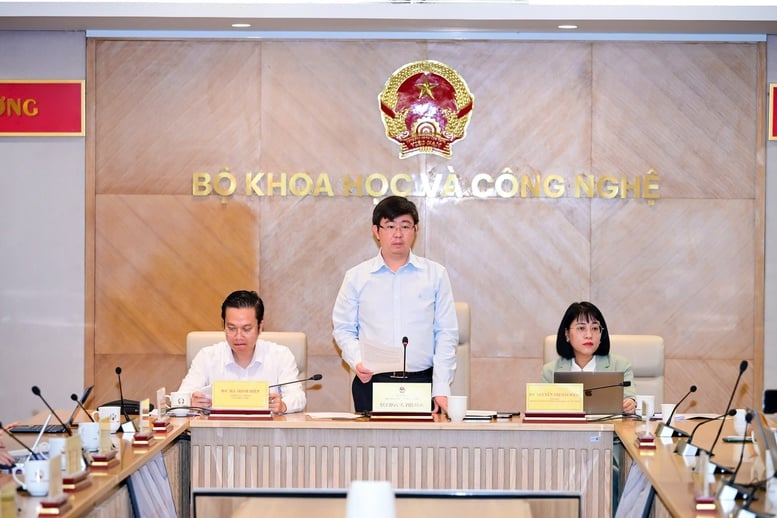
Ministry of Science and Technology holds regular press conference in October - Photo: VGP/TG
Responding to questions from the press, Ms. Vu Thi La, Deputy Director of the Department of Organization and Personnel (Ministry of Science and Technology) said that recently, the Government has issued a series of important decrees to create a complete legal corridor for attracting and effectively using a team of experts, scientists and talents.
Specifically, Decree No. 179/2024/ND-CP stipulates policies to attract and employ talented people in the public sector; Decree No. 249/2025/ND-CP stipulates mechanisms and policies to attract experts in the fields of science, technology, innovation and digital transformation; and most recently, on October 14, 2025, the Government issued Decree No. 263/2025/ND-CP, detailing and guiding the implementation of a number of articles of the Law on Science, Technology and Innovation related to autonomy mechanisms, human resources, talents and awards in the field of science and technology.
These decrees stipulate many preferential mechanisms on salary, bonus, treatment, working environment, training, fostering, honor and reward, thereby creating a favorable environment for scientists and experts to promote their capacity and make long-term contributions.
Empowering recruitment autonomy – removing the big 'bottleneck'
One of the breakthroughs emphasized by the representative of the Ministry of Science and Technology is the mechanism for recruiting and signing labor contracts for experts and scientists, which has been a "bottleneck" for many years.
Previously, the signing of labor contracts with experts was subject to very strict regulations, only implemented in a few cases and depending on the level of financial autonomy of the unit. For example, autonomous units of group 3 (partially guaranteed by the state budget) must have the competent authority agree in principle to sign labor contracts; while autonomous units of group 4 are only allowed to sign contracts of less than 12 months, within the scope of assigned staffing quotas.
This mechanism makes it difficult for many public scientific organizations to attract talent, especially highly qualified experts.
Decree 263 has a very new regulation, giving stronger autonomy to public science and technology organizations, allowing them to proactively decide on recruitment, management, use of civil servants and signing labor contracts.
This is a big step forward, helping organizations flexibly choose and invite experts suitable for their research needs, no longer limited by rigid administrative procedures.
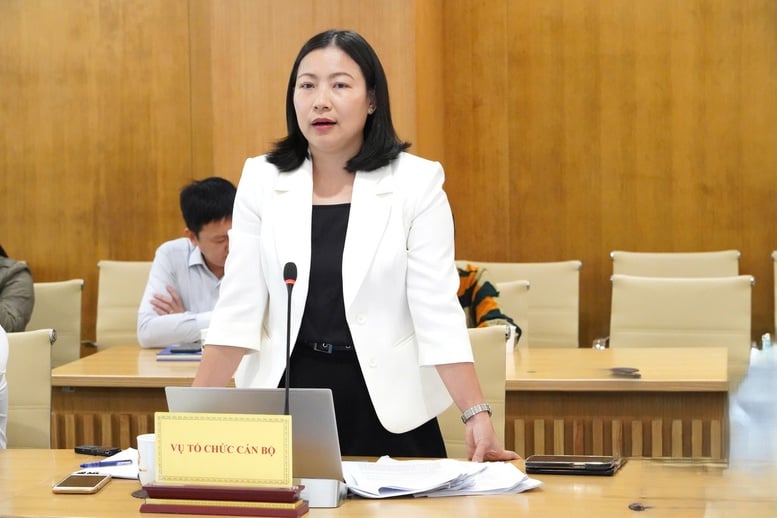
Ms. Vu Thi La, Deputy Head of the Department of Organization and Personnel (Ministry of Science and Technology) talks to the press - Photo: VGP/TG
Financial Breakthrough: Allowing for Negotiated Pay
The second breakthrough is the financial mechanism for salary payment and talent treatment. Previously, the salary system in the public sector was constrained by the administrative framework, not allowing salary payment by agreement, now, according to Decree 263, science and technology organizations are allowed to sign labor contracts with experts and scientists at agreed salary levels.
This new mechanism not only removes legal barriers, but also creates healthy competition between the public and private sectors in attracting talent, especially in fields requiring high expertise such as artificial intelligence, biotechnology, new materials, renewable energy, etc.
A representative of the Ministry of Science and Technology said that this is a huge bottleneck, helping the public sector to be flexible and proactive in salary policy, while at the same time showing respect and honor for people with real talent.
Along with that, the State also issued many other preferential policies for experts and scientists when recruited into public science and technology organizations. They are given priority in recruitment, arranged good working conditions, participated in training and development programs, enjoyed preferential salary and bonus regimes, and are guaranteed social security, housing, and health care according to regulations.
In particular, those with outstanding abilities will be given priority for consideration for appointment to leadership positions without having to fully meet the current strict administrative conditions and standards.
Also at the press conference, the Ministry of Science and Technology said that in October, the Ministry of Science and Technology submitted to the Government and the Prime Minister to issue 1 Resolution, 7 Decrees and 7 important Decisions, perfecting institutions and creating a legal corridor for innovation.
Notably, the Government has added the Artificial Intelligence Law project to the agenda of the 10th Session of the 15th National Assembly – a major step forward in building a legal framework for the AI field.
Seven Decrees issued this month focus on guiding the implementation of the Law on Science, Technology and Innovation with many new mechanisms on autonomy, finance, human resources, awards, venture capital funds and creative startups.
The Prime Minister also issued a series of important decisions such as perfecting the National Steering Committee on Science, Technology and Innovation, Digital Transformation and Project 06; approving the program to encourage enterprises to invest in digital infrastructure, planning the national radio frequency spectrum; issuing a set of criteria to evaluate the effectiveness of science, technology and innovation for socio-economic development.
At the ministerial level, five specialized guidance circulars were issued, from technical audit of electronic signatures, digital warehouse planning, sharing of science and technology data, to guidance on determining specialized job positions in digital transformation.
Along with institutional work, the Ministry of Science and Technology has implemented many professional activities, international cooperation and digital transformation: promulgating the Data Strategy to 2030, the National Digital Architecture Framework, the Digital Infrastructure Development Plan to serve the Vietnam International Financial Center; organizing many major scientific conferences and seminars at home and abroad.
Notable events include “Innovation for all people – Driving force for national development”, VNIX-NOG 2025; Program to welcome National Digital Transformation Day 2025 with the theme “Digital transformation: Faster – more effective – closer to the people”...
In November 2025, the Ministry of Science and Technology focused on completing 5 draft laws to submit to the National Assembly for approval, including: Law on Digital Transformation, Law on High Technology (amended), Law amending the Law on Intellectual Property, Law amending the Law on Technology Transfer and Law on Artificial Intelligence, while continuing to develop decrees, circulars and deploy key projects.
Thu Giang
Source: https://baochinhphu.vn/tu-chu-tuyen-dung-thoa-thuan-tien-luong-chinh-sach-moi-thu-hut-nhan-tai-khoa-hoc-102251031145756457.htm


![[Photo] Prime Minister Pham Minh Chinh attends the 5th National Press Awards Ceremony on preventing and combating corruption, waste and negativity](https://vphoto.vietnam.vn/thumb/1200x675/vietnam/resource/IMAGE/2025/10/31/1761881588160_dsc-8359-jpg.webp)

![[Photo] Da Nang: Water gradually recedes, local authorities take advantage of the cleanup](https://vphoto.vietnam.vn/thumb/1200x675/vietnam/resource/IMAGE/2025/10/31/1761897188943_ndo_tr_2-jpg.webp)



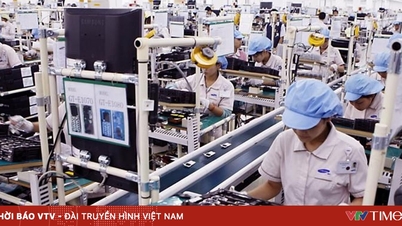

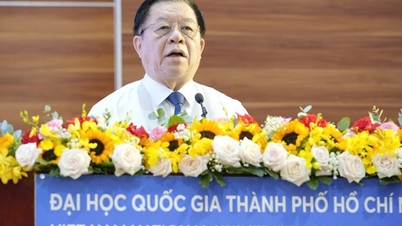

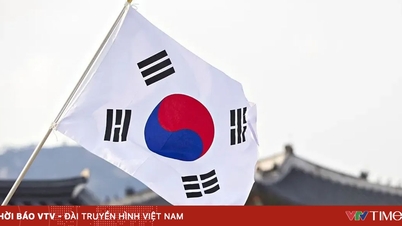
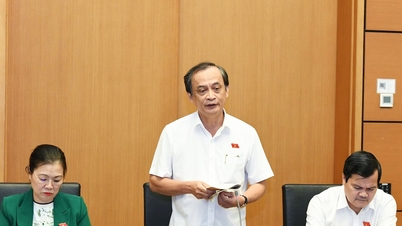



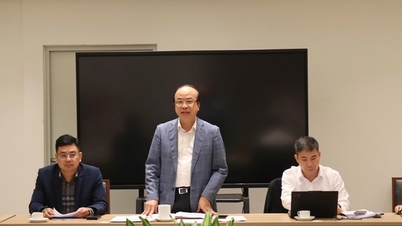
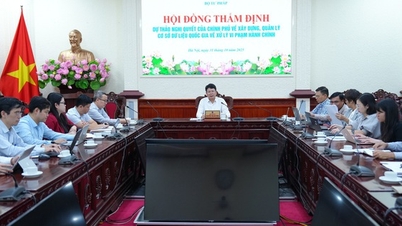


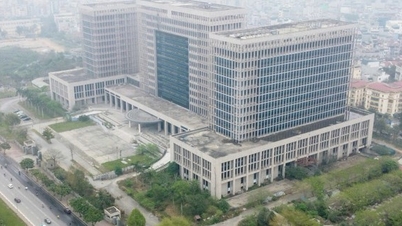







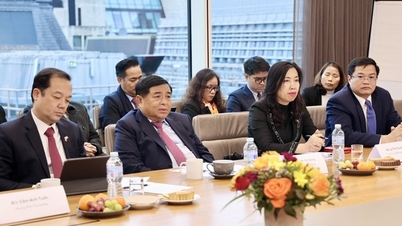
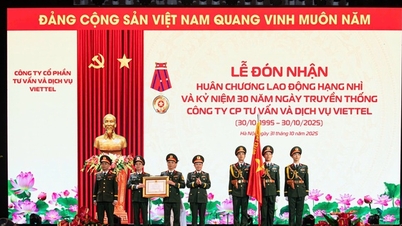
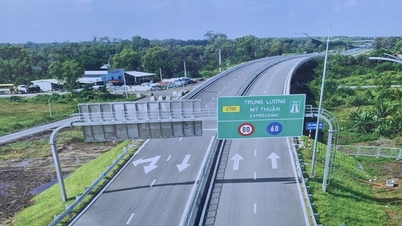

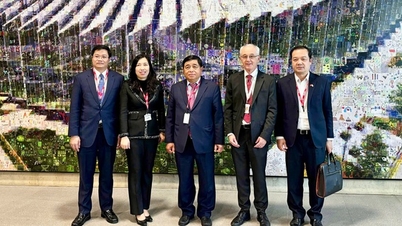


































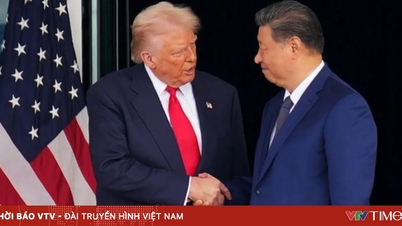
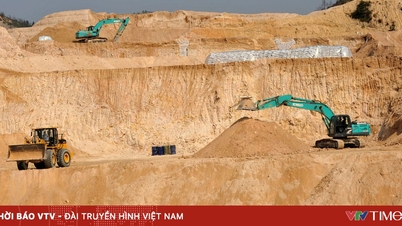
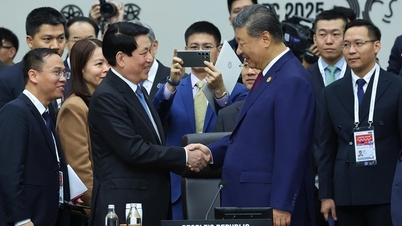

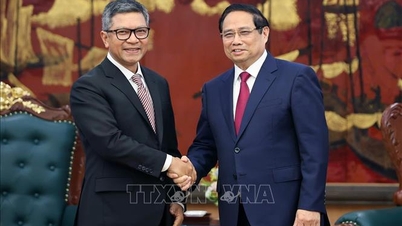
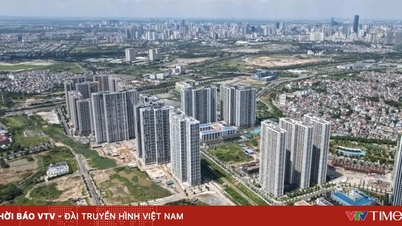





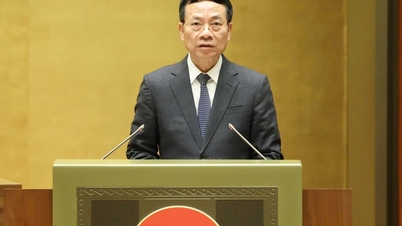
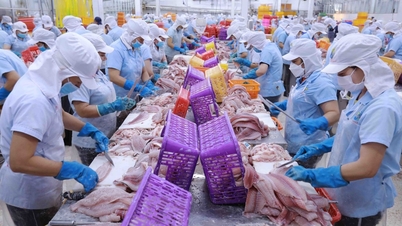
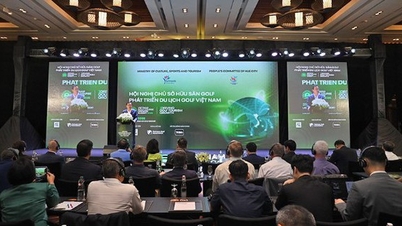


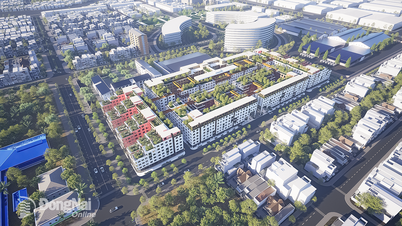

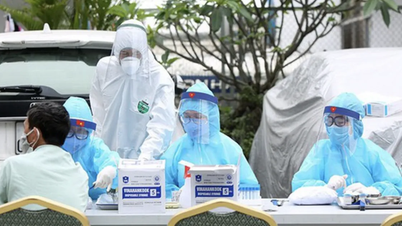
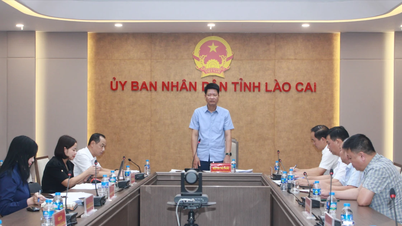

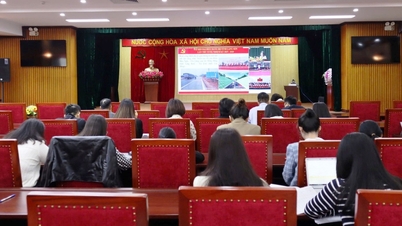
















Comment (0)